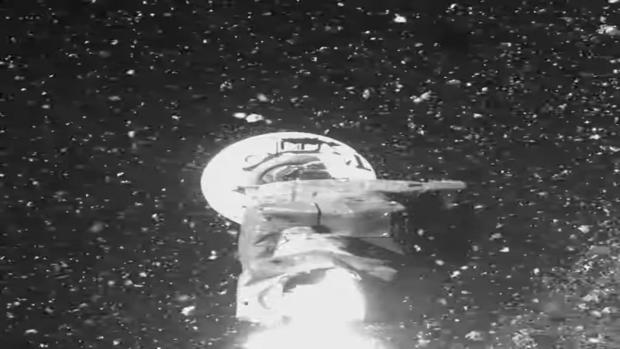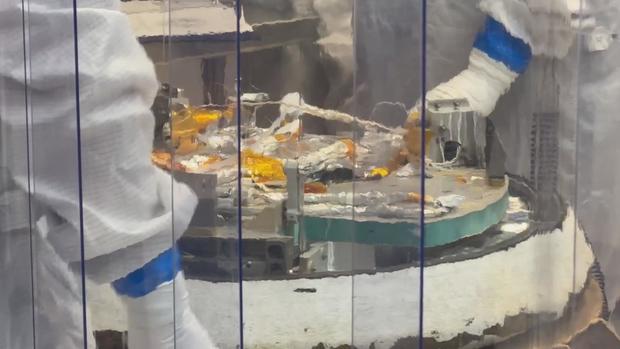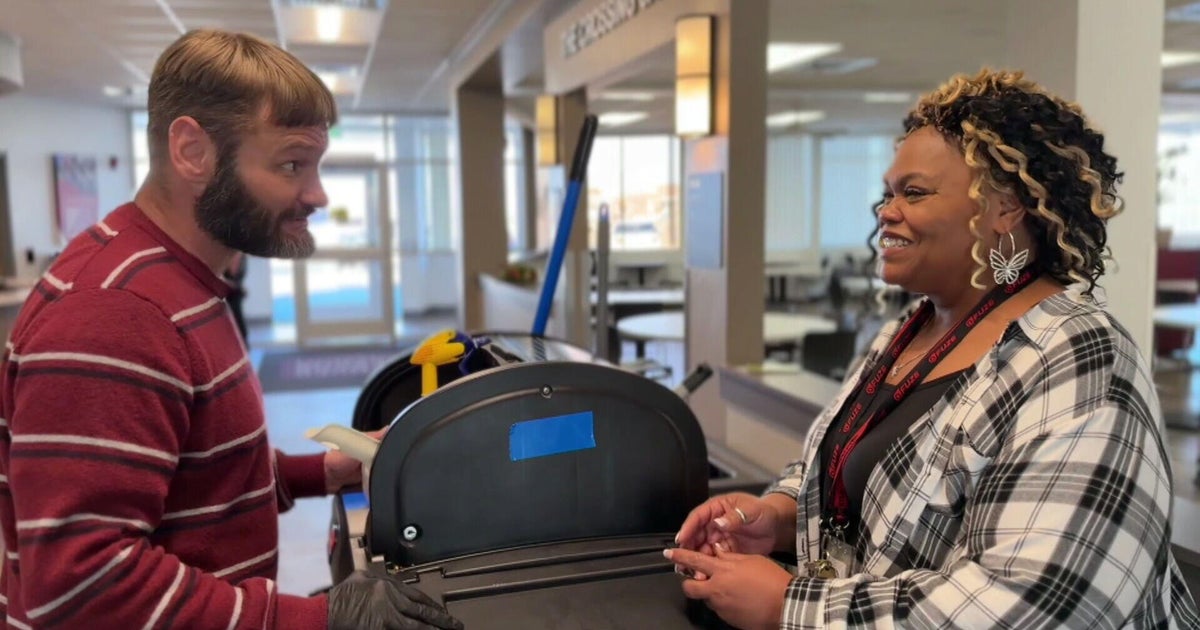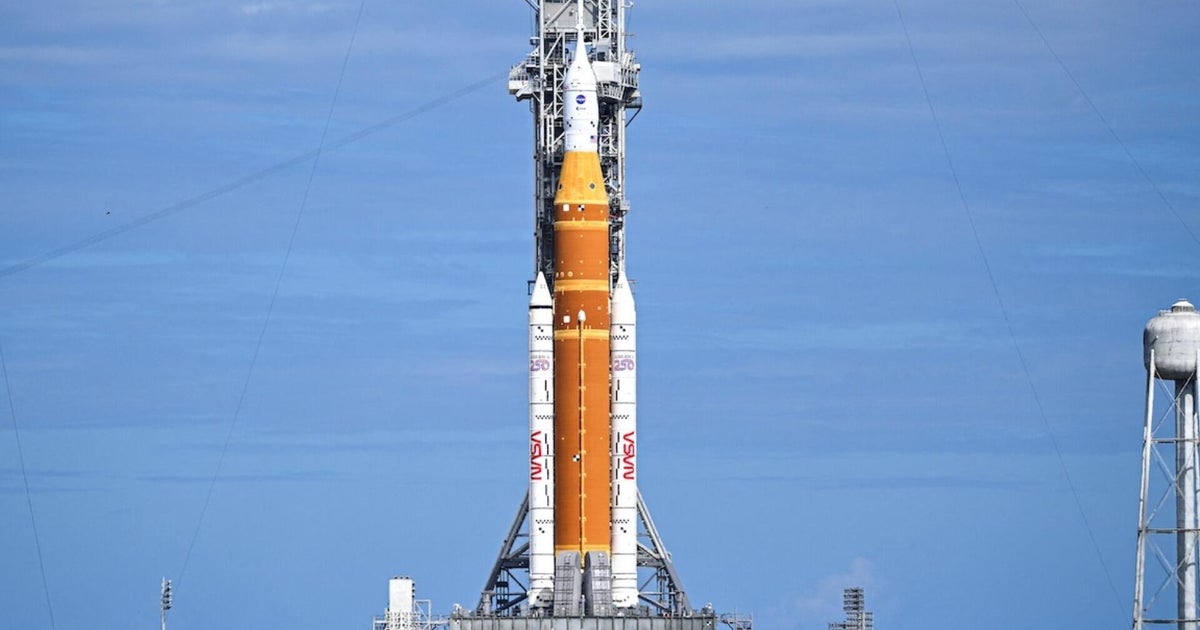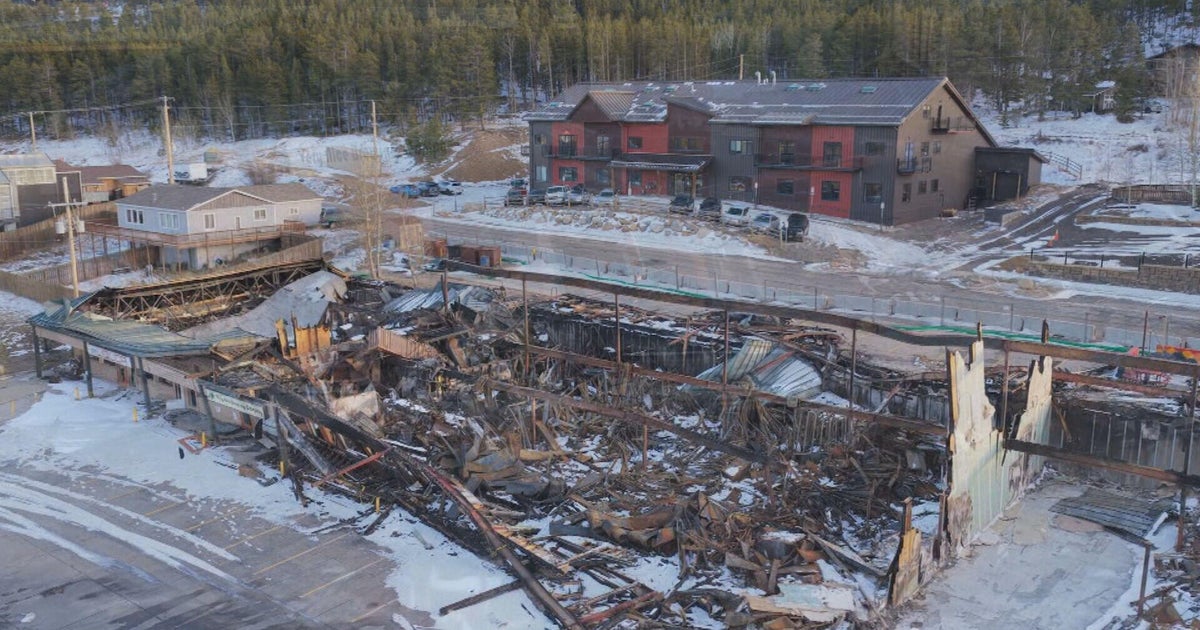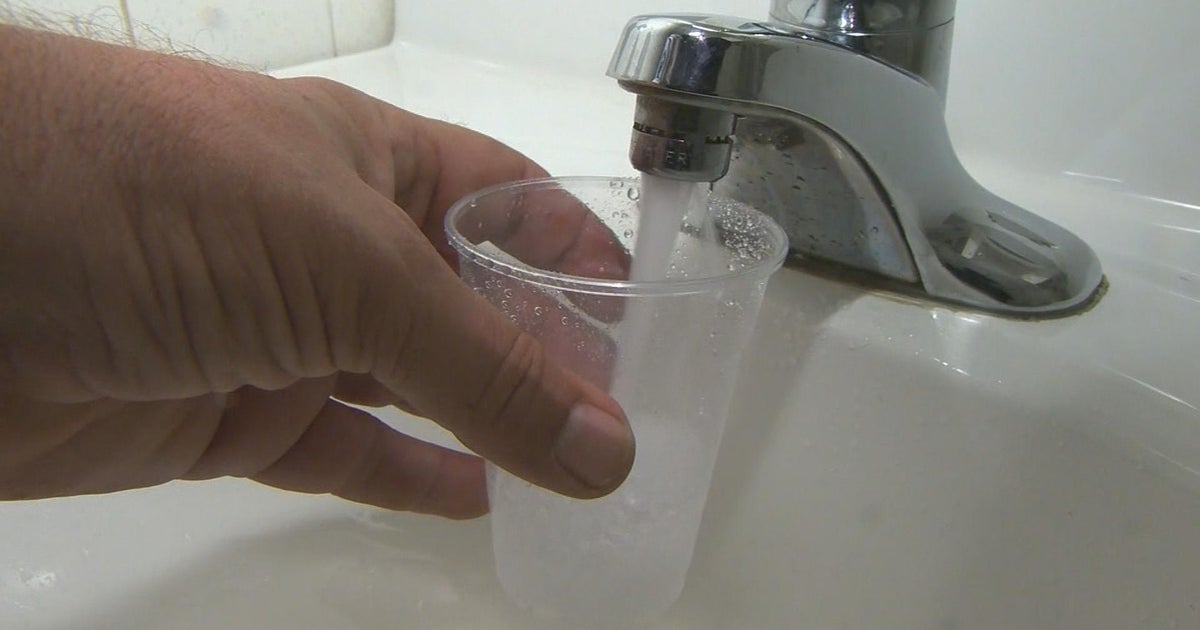"We expect the sample it brings back to rewrite the textbooks" Lockheed Martin scientists train for return of spacecraft
Here in Colorado, we know rocks, but nobody has seen anything like the sample they're getting ready to collect at Lockheed Martin in Littleton.
Eight years ago, a Lockheed Martin spacecraft named OSIRIS-REx launched into space. Its mission; to collect a sample of an asteroid named Bennu and return to Earth in order to give scientists a glimpse into the elements present at the formation of our world.
"The OSIRIS REx mission is a great adventure to an unknown world," said Dante Lauretta, University of Arizona OSIRIS-REx Principal Investigator.
In October of 2022, craft collected the sample it needed and started the return home thanks to a team of scientists and engineers who dedicated 19 years to the project.
"We built a very capable spacecraft. And we have a very professional, well-honed and rehearsed team," said Lauretta.
With unmanned missions like this, you only get one shot to get it right.
"It's like doing a movie in one take," said Jason Dworkin, NASA Goddard OSIRIS-REx project scientist.
So, to make sure they avoid as many surprises as possible they practice the mission in Littleton when they can.
"The key to our success has been to rehearse and then rehearse and then rehearse it again," said Lauretta.
That's what scientists were doing Wednesday. Practicing the next step in the mission; getting the sample OSIRIS-REx collected secured and sent for analysis after it touches down on terra firma.
Even though it's a time-consuming exercise scientists say it's worth it.
"We do missions like this. Because of exploration and learning," said Anjani Polit, University of Arizona OSIRIS-REx Mission Implementation Systems engineer.
"We expect the sample it brings back to rewrite the textbooks on the delivery and on the composition of the materials of the ancient solar system," said Dworkin.
While they have enjoyed the ride so far, they say they can't wait to see this mission come to an end when Osiris-rex finally returns.
"Were all just extremely excited," said Polit.
"It ought to be routine and boring, just would have done everything before, but thrilling because this is the beginning of the sample analysis phase," said Dworkin.
"We're already giddy over the prospects of this additional material and the new investigations that it opens up "said Lauretta.
That sample will be collected after OSIRIS-REx lands in Utah on September 24, rain or shine.

